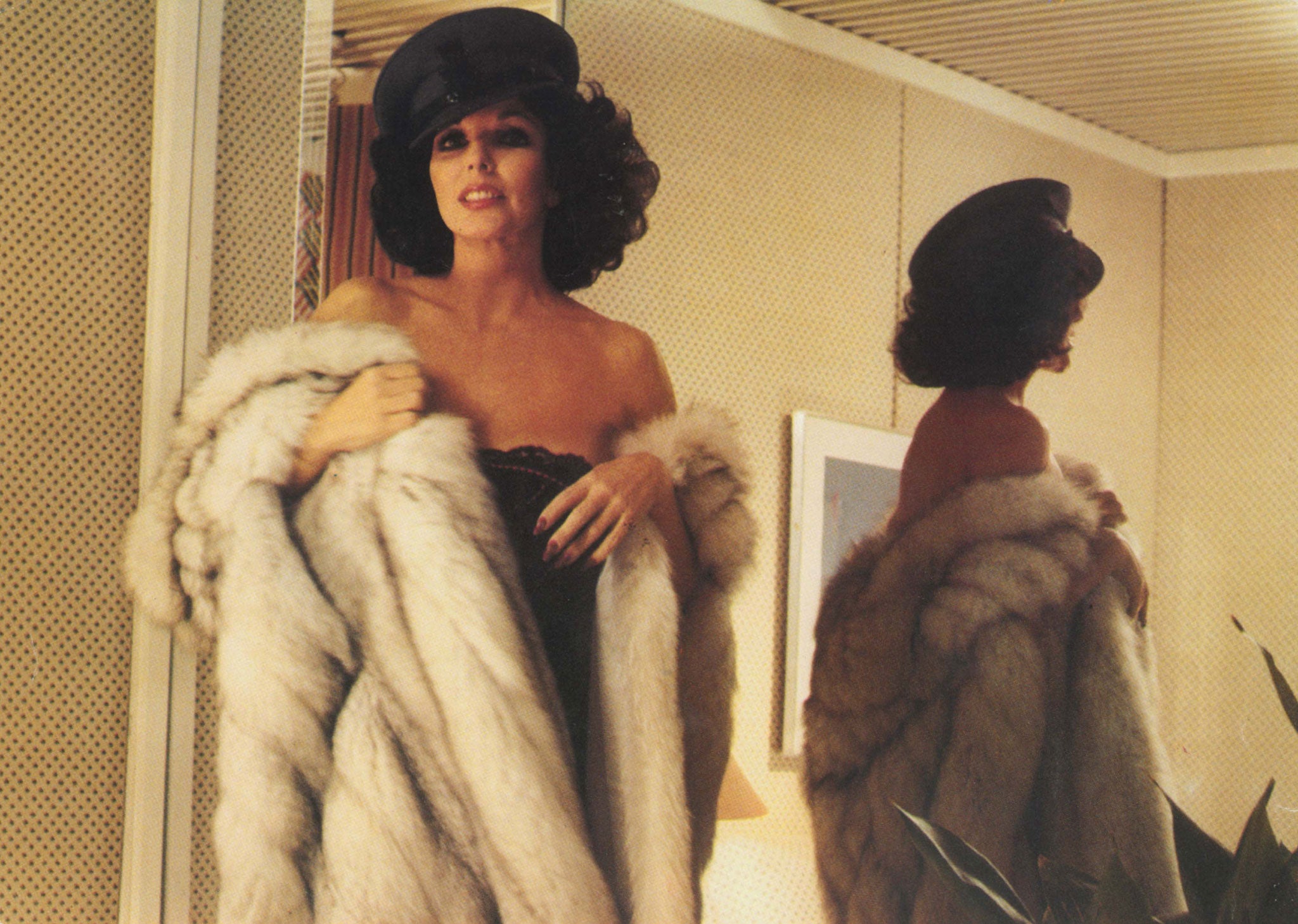Long live Lucky, Fontaine, and all the rest of Jackie's kick-ass heroines; Week in Books

When Linda discovered her husband, David, was having an affair with a young actress, she didn’t stand by her man, or go lingerie-shopping in hope to win him back (this was the 1960s). She filed for divorce. The mistress got bored and David promptly ran back to Linda, only to find her with a new man – a Hollywood big cheese – who, in the parlance of this fiction, could keep it in his trousers. David hit the bottle. The women went on to greater things. The End.
What stuck out in Jackie Collins’s first, feather-ruffling novel, The World is Full of Married Men (1968) was not David’s infidelities but the women’s sexual confidence. A new voice had pronounced itself in commercial fiction and it would be seminal in constructing the genre that we now know as the “bonkbuster”. Less romance, more raunch. It would also be seminal in contructing a new romantic heroine – libidinous, predatory, powerful. In coming decades we would become acquainted with sexually-daring Fontaine Khaled, the female nightclub owner of The Stud and The Bitch. And Lucky Santangelo, who combined the sexual appetites and machismo of the alpha male with big hair and heels. These women didn’t need men to survive, but were irresistible to them all the same.
Collins didn’t care too much for realism. Her books were filled with fantasy lives and these women were fantasies that encompassed both sexual allure and agency: they prefigured the shoulder-padded female executives of the Thatcher era, as ambitious as they were individualistic. Precursors to Alexis Carrington, who her sister Joan would play in Dynasty, women who would probably never think of themselves as feminists. And yet they projected a kind of female empowerment, however unpoliticised it may have been. And they carried none of the neuroses of the SATC women nor the singleton’s angst of Bridget Jones that followed. You can read Collins’ books straight, or see the feminist subtext. Either way, women like Lucky are feminist heroines, of sorts. Jackie Collins wished to return as Lucky in another life, she told The Independent a few weeks before her death (full Q&A below), but the two didn’t seem to be all that different in the kick-ass way they lived their lives.
One Minute Interview with Jackie Collins
Where are you now and what can you see?
Sitting in my writing study gazing out at the Hollywood Hills, a profusion of palm trees and my gorgeous azure swimming pool.
What are you currently reading?
“Disclaimer” by Renée Knight. A sensational psychological thriller.
Choose a favourite author and say why you admire her/him
Mario Puzzo. "The Godfather” is a fast and furious trip filled with magnificent and damaged characters. Unputdownable.
Describe the room where you usually write
My study—filled with books, CD’s, computers, bronzes of cheetahs and leopards and a thousand felt-tip pens!
Which fictional character most resembles you?
I would love to be Lucky Santangelo in another life.
Who is your hero/heroine from outside literature?
Angelina Jolie. A woman who had done it all with style and grace. I am a great admirer.
Jackie Collins’s new book, 'The Santangelos' is published by Simon & Schuster
Join our commenting forum
Join thought-provoking conversations, follow other Independent readers and see their replies
Comments